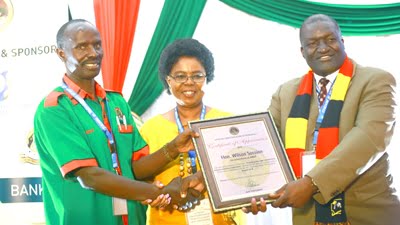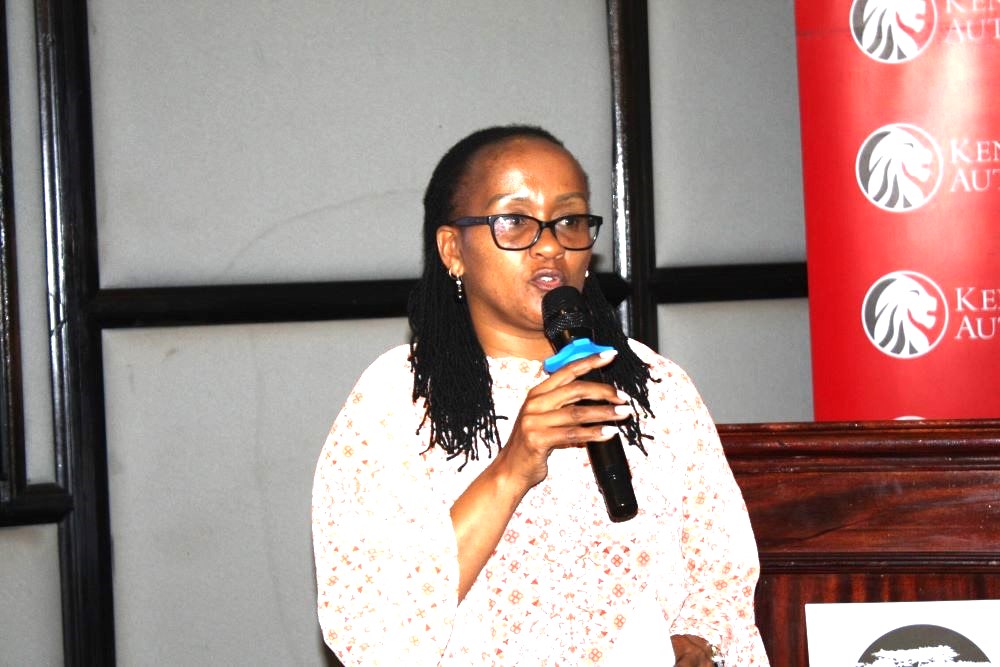By Hilton Mwabili
African governments have come under heavy criticism for allegedly giving matters education a back seat.
They were also criticised for deliberately promoting tendencies to lockout teachers from the negotiating table of key education policies, factors which have been pinpointed as major causes of failing quality of education in the continent.
The above emerged at the 10th edition of Africa Confederation of Principals (ACP) at Pride Inn Paradise hotel in Mombasa.
Over 1,000 delagates drawn from 10 countries including- Kenya, Uganda, Lesotho, South Africa, Malawi, Nigeria, Rwanda, Swaziland, Tanzania and Ghana were in attendance.
While pointing out Millennium Development Goals (MDG) as a classic scenario where African governments have downplayed education, Kenya National Union of Teachers (KNUT) Secretary General Wilson Sossion charged that during the planning of the goals the teachers were not “anywhere near the negotiating table” and “it has therefore been very difficult for countries in Africa to direct investments into education.”
According to Sossion, unlike in other developed nations the teaching profession in Africa has been relegated into the back and even under the Millennium Development Goals, governments in Africa have found it extremely difficult to invest in education because teachers were left out.
This, he said, has in return seen the continent lag behind in the implementation of the MDGs compared to other developed economies where education is highly valued and the teaching profession is given a voice.
The outspoken unionist claimed that, the voice of teachers in Africa has increasingly continued to shrink with time as governments get more organised.
Sossion told the conference that education is at the heart of the United Nations 2030 agenda for sustainable development and essential for the success of all sustainable development goals.
“While recognizing the important role of education, the UN 2030 Agenda highlights Education as a stand-alone goal (SDG-4) number one is elimination of poverty, second is food sustainability, and number three is health. You cannot achieve that without education,” he said “The United Nations further notes that education can accelerate progress toward s the achievement of all the 17 SDGs”, he said.
He noted that it is a sad situation to note that Africa intends to achieve the above by 2063 while in some developed economies “where education is valued” have already surpassed the targets and they are now talking about “climate change.”
The KNUT boss further noted that target 4C in Article 70 of the Education 2030 Incheon Declaration observes that teachers are the key to achieving all targets in the Education 2030 Agenda.
“The target further states that since teachers are a fundamental condition for guaranteeing quality education, teachers and educators should be empowered, adequately recruited and remunerated, motivated, professionally qualified and supported within well-resourced, efficient and effective governed systems. This is the compelling reason why UNESCO encourages and supports teachers to participate in Education policy reforms as their role is critical,” noted Sossion.
He said it is imperative that Principals through the ACP seek to transform structure and decision-making process in Education from classroom to the Ministry of Education offices with the view of enhancing and protecting the image of the teaching profession.
The Knut boss, however, said to ensure quality education is achieved and setting in conditions for effective education outcomes, teachers have no other option but work closely with governments of the day to strengthen education systems by instituting and improving appropriate, effective and inclusive governance and accountability mechanism.






